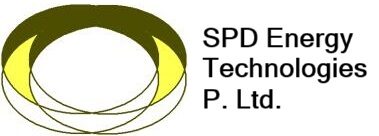Control System Expertise involves specialized knowledge and skills in designing, developing, and maintaining systems that manage and regulate the behavior of other systems or processes. Here are the key components:
Core Areas of Control System Expertise
- System Design and Development:
- Control Theory: Applying principles of control theory to design systems that achieve desired behaviors.
- Mathematical Modeling: Creating mathematical models to represent the dynamics of systems and predict their behavior1.
- Simulation: Using simulation tools to test and validate control strategies before implementation1.
- Instrumentation and Sensors:
- Control Strategies:
- Implementation and Integration:
- Hardware Selection: Choosing appropriate hardware components, such as controllers, actuators, and communication devices2.
- Software Development: Developing software for control algorithms and integrating it with hardware systems2.
- System Integration: Ensuring seamless integration of control systems with existing processes and equipment2.
- Testing and Validation:
- Maintenance and Troubleshooting:
- Monitoring: Continuously monitoring system performance and making adjustments as needed2.
- Diagnostics: Identifying and diagnosing issues in control systems to minimize downtime and maintain efficiency


